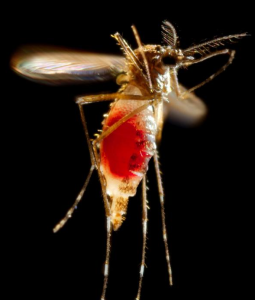The number of counties reporting Zika virus, and the number of counties Florida State Surgeon General and Secretary of Health Dr. John Armstrong issued a Declaration of Public Health Emergency has increased to nine as Brevard County, on Florida’s east coast reported their first imported case.

The additional Zika case brings the total in Florida to 22- Alachua (1), Brevard (1), Broward (4), Hillsborough (3), Lee (3), Miami-Dade (7), Osceola (1), Santa Rosa (1) and St. Johns (1). All cases are travel-associated. There have been no locally-acquired cases of Zika in Florida. None of the confirmed cases involve pregnant women.
According to the Hillsborough County Health Department, Zika virus disease has a similar clinical presentation to that of dengue and chikungunya fevers. Only about 20% of those infected with Zika will show symptoms, which include a maculopapular rash, fever, joint pain and conjunctivitis. Less commonly, individuals will experience myalgia, retroorbital pain and vomiting. The illness is generally mild, lasting several days to weeks.
Like dengue and chikungunya, Aedes mosquitoes are responsible for the spread of Zika virus. Transmission from mother to child near the time of birth has been recorded, as well as one case of sexual transmission. The incubation period is typically 3 to 7 days, but can be as long as 14 days. An infected person may transmit Zika virus to Aedes mosquitoes during the first week of illness. There is no specific treatment but supportive care may be necessary.
CDC researchers are examining a possible link between the virus and harm to unborn babies exposed during pregnancy.
Yesterday, the FDA released guidance regarding donor screening, deferral and product management to reduce the risk of transfusion-transmission of Zika virus.
Related:
- Zika in the Caribbean: Bonaire reports first case
- Slavery brought schistosome parasites from West Africa to the Caribbean: genomics reveals
- C. difficile: Allegheny Health Network contracts with OpenBiome stool bank


2 thoughts on “Brevard County the latest to report imported Zika in Florida”